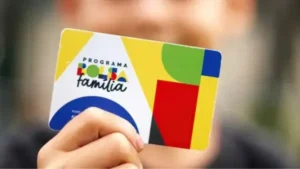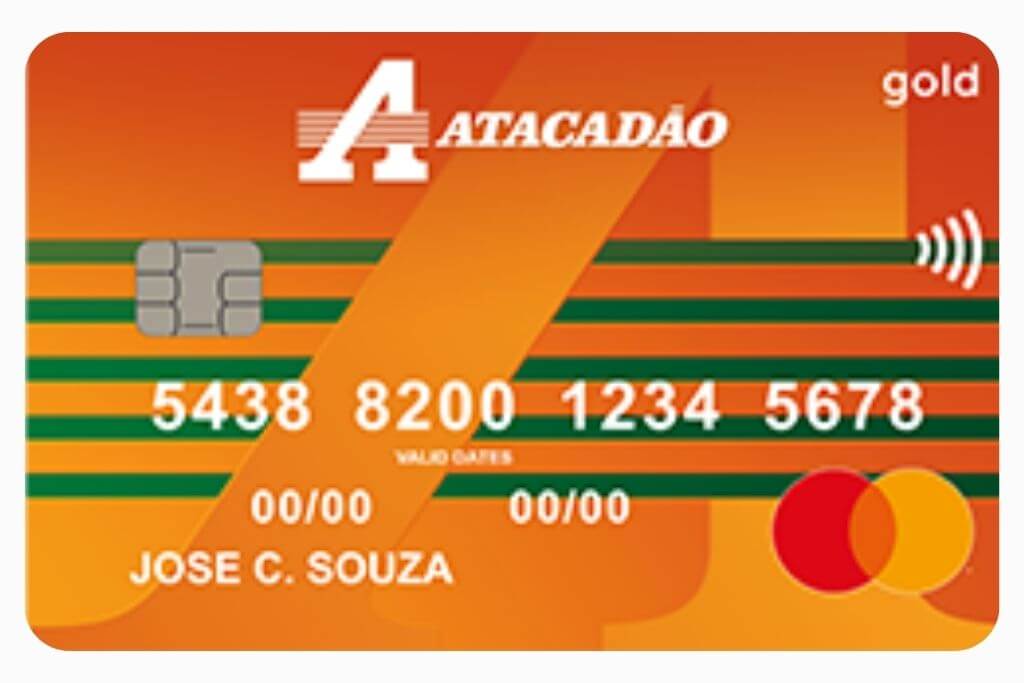Find out where to start investing in financial education and have a promising future by getting financially organised
Adverts
In an age when financial literacy is a powerful tool for personal empowerment, investing in financial education has become a crucial aspect of building a secure and informed financial future.
Understanding the fundamentals of financial education is a crucial first step for those who want to take charge of their own financial destiny.
For many, embarking on the journey of financial education can seem a daunting task, given the abundance of information available and the complexity of the financial world.
Adverts
However, by demystifying the process and identifying the right resources, it is possible to turn this journey into an enriching and empowering experience.
Understanding the importance of financial education goes beyond the simple act of managing money, it's about developing skills and knowledge that enable individuals to make conscious and informed choices about their finances.
With a solid grounding in financial concepts, individuals are better prepared to face challenges, seize opportunities and build a sustainable financial future.
What's more, investing in financial education isn't just about accumulating theoretical knowledge; it's also about developing practical skills and cultivating healthy financial habits.
By adopting a holistic approach to financial education, individuals can not only understand the underlying concepts, but also apply them effectively in their daily lives, turning knowledge into action and tangible results.
Quick Index:
The importance of Financial Education
Recognise that financial education isn't just about managing money; it's a key factor in making informed financial decisions. A solid understanding of financial concepts equips individuals to navigate complex financial landscapes, avoid common pitfalls and build a foundation for long-term financial success.
Tips for your financial journey
Assess Your Current Financial Knowledge
Before taking the plunge into financial education, assess your current level of financial knowledge. Identify areas where you feel confident and those where you may need more insight. This self-assessment will guide your learning journey and help you focus on areas that require attention.
Start with the basics
Start your journey into financial education by understanding the fundamentals. Familiarise yourself with basic concepts such as budgeting, saving, investing and debt management. Building a solid foundation in these areas lays the groundwork for more advanced financial knowledge.
Using Online Resources
Take advantage of the abundance of online resources dedicated to financial education. Websites, blogs and educational platforms offer a wealth of information on various financial topics. Platforms such as Investopedia, Khan Academy and Coursera offer free or affordable courses covering a wide range of financial subjects.
Read Financial Books
Explore well-regarded financial books to deepen your understanding of specific topics. Books written by financial experts, economists or successful investors can offer valuable insights. Consider titles such as "The Millionaire Lives Next Door" by Thomas J. Stanley and William D. Danko or "The Richest Man in Babylon" by George S. Clason.
Follow Financial News
Stay informed about current financial news and trends. Following reputable financial news sources, such as The Wall Street Journal or Bloomberg, provides real-world context for the theoretical knowledge acquired through books and courses. Regular exposure to financial news helps connect theory to practical applications.
Attend Financial Workshops and Webinars
Attend financial workshops and webinars, either in person or online. Many organisations and financial institutions hold educational events that address various aspects of personal finance. These interactive sessions often offer opportunities for questions and answers, allowing participants to clarify doubts and gain practical insights.
Enrol in Formal Courses
Consider enrolling in formal courses in finance or related subjects. Many universities and educational platforms offer online courses in financial management, investment strategies and economic principles. These courses, which range from beginner to advanced levels, offer structured learning paths.
Participate in Financial Communities
Join online forums or local financial communities where individuals share their experiences and insights. Engaging with a community provides a platform to ask questions, discuss financial challenges and learn from the experiences of others. Platforms such as Reddit's personal finance communities or local financial literacy groups are excellent places to start.
Seek Professional Advice
If possible, consult a financial advisor for personalised guidance. A financial adviser can assess your unique financial situation, help you set financial goals and provide strategies for achieving them. Although there may be associated costs, the benefits of professional counselling often outweigh the investment.
Creating a Personal Finance Plan
As you accumulate knowledge, create a personal finance plan that is aligned with your financial goals. Establish a budget, set savings targets and outline investment strategies. Having a personalised plan ensures that your financial education translates into practical, actionable measures.
Learning About Investments
Delve deeper into the world of investments by understanding different asset classes, risk management and investment strategies. Start with beginner-friendly resources and gradually progress to more complex concepts. Familiarise yourself with terms such as shares, bonds, mutual funds and diversification.
Continuous learning
Recognise that financial education is an ongoing process. Markets evolve, economic conditions change and financial instruments adapt. Embrace a continuous learning mentality, remaining curious and open to expanding your financial knowledge throughout life.
Have Smart Financial Habits
Apply what you've learnt by adopting smart financial habits. Consistently budgeting, saving and making informed financial decisions in your everyday life reinforce the lessons learnt on your educational journey. Practical application increases retention and strengthens your financial knowledge.
Teaching Others
Solidify your understanding of financial concepts by teaching them to others. This can be done through informal discussions with friends or family or by contributing to online financial communities. Teaching reinforces your own knowledge and contributes to the financial education of those around you.
Conclusion
Investing in financial education is an empowering journey that pays dividends throughout life.
By starting with the basics, taking advantage of online resources, interacting with communities and learning continuously, individuals can build a solid foundation for making informed financial decisions.
As financial education becomes a priority, it transforms from a theoretical concept into a practical tool for navigating the complexities of the financial world.
Read more: How to set achievable financial goals
You may be interested:















